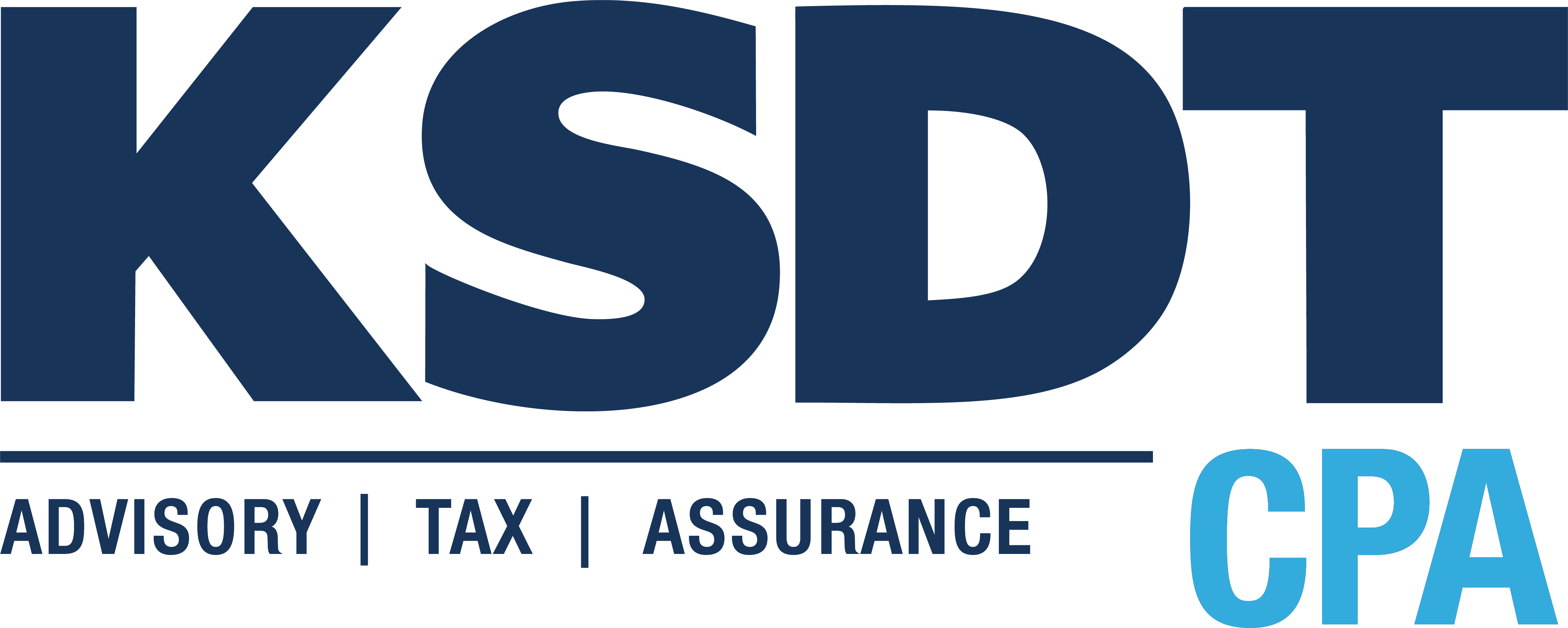If you have a business where you have to send documents of any kind to your customers, then you may benefit from a portal. You can save time on customer service and possibly postage and labor. You will also look most professional while increasing service delivery.
What Is a Portal?
A portal is software in the cloud that allows users to upload and download files from a secure space that only they have access to. For each client you have, you can set up a private virtual filing cabinet where only you and the client will have the key. Your client will have their own user ID and password into their area of the portal. There, they can upload and download documents. Some portals also have secure signature capability to help you take the paperwork out of obtaining signatures.
How Can I Use a Portal?
Think of all the paperwork that occurs between you and your customer, and that will give you several ideas about how to use a portal. If your business is data-intensive, you will definitely benefit from a portal; imagine moving all of those documents out of email and into a clean, private filing folder in the cloud.
Businesses that would benefit the most include:
- Any small business with remote employees: a portal can be where they pick up and drop off work.
- Mortgage companies where the loan officers are collecting a great deal of information for the underwriters.
- Construction companies: each subcontractor could access the schedule, estimates, material details, invoices, and certificates of insurance.
- Real estate agents to collect the details of home purchases and sales
- Accountants, attorneys, consultants, coaches, and other professionals who deal with private customer information.
- Web design, ad agency, and marketing companies
Types of documents and files you can upload and download from portals include:
- Contracts, estimates, and legal documents
- Invoices and credit card authorizations
- Instructions and training materials and aids
- Company policies and procedures
- Brochures and marketing materials
- Reports and spreadsheets
- Forms and applications, blank and completed
- Graphics, drawings, and photosYo don’t necessarily have to set up a portal for every client; perhaps it’s cost-effective to use a portal on your largest customers or vendors.Where Can I Find a Portal?One of the leading vendors in the portal space is Citrix Sharefile. You can find them here: http://www.sharefile.com/. Your industry may have specific solutions for you as well, especially if you have regulations such as HIPAA that you need to follow.You may also have heard of DropBox and Box.net. These companies offer file transfer and don’t have a dedicated user area, so they are useful, but a bit different than a portal.Look for software that provides each user with their own unique login, and that will distinguish the software as a true portal.
If you decide to implement portals for your business, you can private-label them with your logo and place a direct link to your portal login page for easy client access.
Using portals will keep your inbox cleaner, save time looking for lost emails and documents, and help you look professional in the eyes of your clients.
